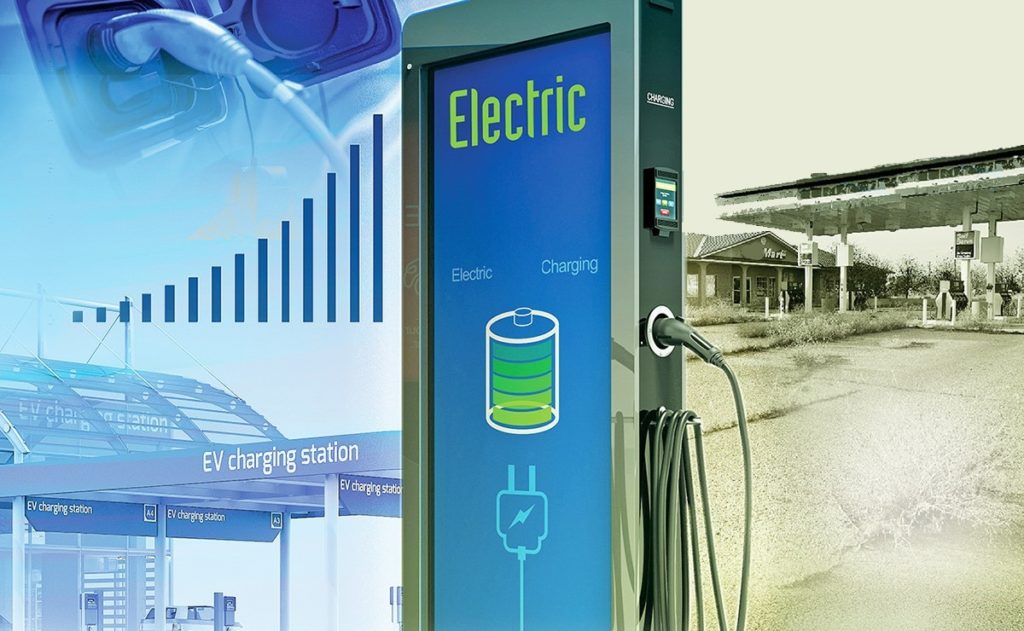This past week we were aware of the announcement of the bankruptcy of the US oil company Chesapeake Energy. A trend that seems to be accelerating due to the huge debts gripping a sector hit by the COVID-19 crisis, but also due to the increasingly competitive alternatives such as renewable energy and electric cars.
The Chesapeake case is quite striking as it is a company that files for bankruptcy by accumulating a debt of no less than $9 billion. A considerable number is only the tip of the iceberg of a sector that only in the United States has seen how, in the last five years, 200 oil companies have followed the same path due to the decreasing competitiveness of the former black gold.
Founded in 1989, this company has become a true giant within the sector with a market capitalization of more than $37 billion. But the drift of the sector, with a strong impact during the 2008 economic crisis, caused a collapse of demand and its value, which has remained, according to the latest estimate, at just 115 million dollars.
Nor does it appear that the expansion of the activity towards natural gas has served as an escape valve. The aggressive campaign to purchase land for farms has ended with a mountain of debt that it cannot face, suffering a loss of its value on the stock market for $ 8.3 billion in the first quarter of this year alone. With this and on the verge of the explosion of a coronavirus crisis that has helped accelerate what could be the end of the road for a new oil company to which undoubtedly many others will follow in the coming years.
Oil faces its biggest challenge since the Iraq war. Will electric cars benefit from this situation?
A bankruptcy that is symbolic since it supposes a new stone on a sector whose new investments are increasingly complex to achieve. Thinking to enter a vicious circle that should accelerate the collapse that will have as a direct consequence an acceleration in the implantation of more sustainable and increasingly competitive alternatives in the economic aspect. This will also bring significant benefits for spaces such as Europe, which is strongly dependent on external oil and gas.
This was expressed at the time by William Todts, Executive Director of the Transport & Environment organization. In an article published last April put figures to the enormous toll we pay every year in Europe for oil dependency, and which should serve as a guide for EU politicians in the face of their Eurozone Recovery Plan for the way out of the coronavirus crisis.
An electrified US, with a very low level of dependence on oil, which will directly save several hundreds of billions of dollars each year. We can also add the entire internal economy that will move its energy production, such as the millions of jobs in the installation and maintenance of renewable energy, the expansion of a recharging network for electric vehicles. We can not forget the economic costs and humans from the pollution that has its primary source of transport. That weighs down the economies for the medical expenses and treatments of lung diseases of millions of human beings.

